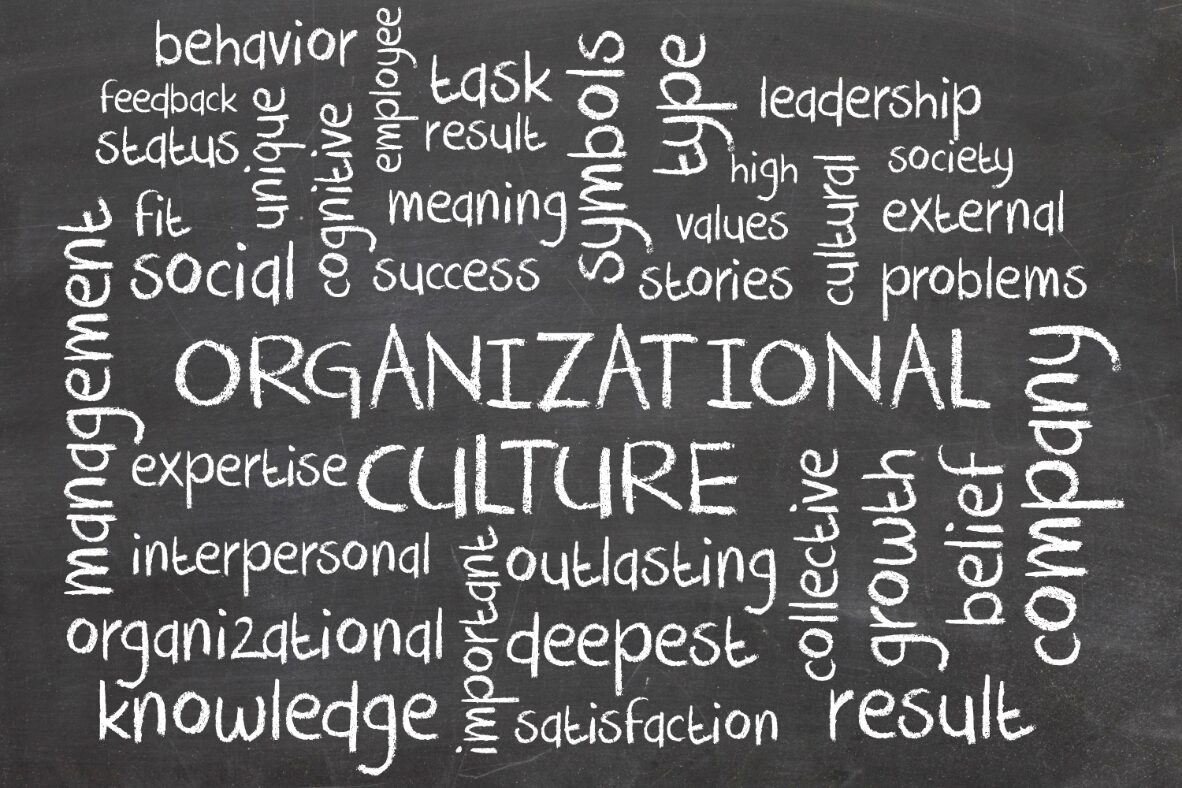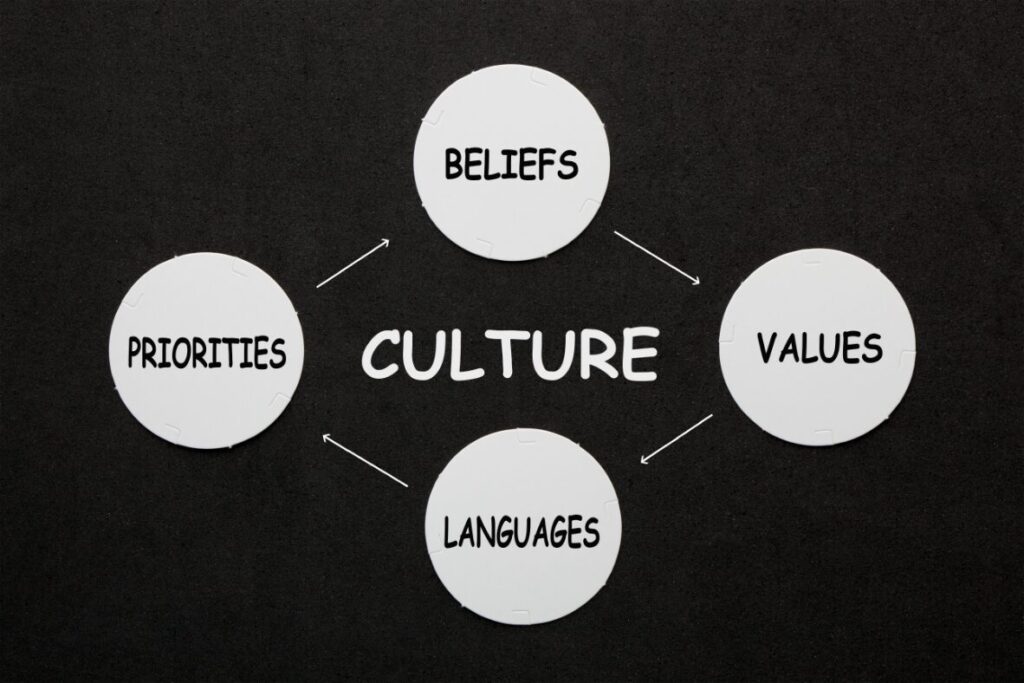Culture Fit and Soft Skills – Increasingly Key Attributes
12 December, 2023

Culture Fit & Soft Skills
Something Talented Recruitment Group has witnessed over recent years is the growing importance surrounding Culture Fit and Soft Skills. These key attributes can no longer be overlooked and are continuing to gain unprecedented attention. Companies are increasingly realising that experience and expertise alone don’t guarantee success, it’s the harmonious blend of experience, expertise and soft skills that propel individuals and teams toward excellence.
In this blog, Talented Recruitment Group delves into soft skills and culture fit, exploring their importance, assessing their impact, and offering guidance on how to evaluate and foster these critical attributes during the interview process.
Understanding Soft Skills
Soft skills, often referred to as interpersonal or people skills, encapsulate a range of attributes that define how individuals interact with others. While technical skills are essential for a candidate’s ability to perform specific job tasks, soft skills are pivotal in determining how effectively these tasks are carried out. Some key soft skills that businesses often look for in their employees:
Communication Skills
Verbal and written communication skills are crucial in conveying ideas, collaborating with team members, and interacting with clients or customers.
Active listening is an integral component, fostering a culture of understanding and empathy within the workplace.
Teamwork and Collaboration
The ability to work seamlessly within a team, understanding and respecting diverse perspectives, and contributing positively to collective goals.
Adaptability and Flexibility
The capacity to navigate change, adapt to new technologies, and adjust to shifting priorities in a dynamic work environment.
Problem-Solving
Adeptness in analysing challenges, thinking critically and proposing effective solutions.
Time Management
Efficient organisation of tasks, prioritisation, and the ability to meet deadlines without compromising quality.
Emotional Intelligence
Understanding and managing one’s emotions while empathetically navigating the emotions of others.
Leadership Qualities
The ability to inspire and motivate others, take initiative, and lead by example.

The Impact of Soft Skills on Company Success
Soft skills are not just complementary to technical skills, they are essential for company success. Here’s how they significantly impact various facets of a company:
Enhanced Collaboration
Teams comprising individuals with strong soft skills collaborate more effectively, fostering innovation and creativity.
Improved Customer Relations
Effective communication and empathy translate to better customer interactions, ultimately influencing customer satisfaction and loyalty.
Increased Employee Engagement
A workplace that values and cultivates soft skills experiences higher employee engagement and satisfaction.
Adaptability to Change
In rapidly evolving industries, employees with strong soft skills are more adept at embracing change and navigating uncertainty.
Understanding Culture Fit
Culture fit is the alignment between an individual’s values, beliefs, and work style with those of the company. It goes beyond the skills and qualifications listed on a resume, delving into whether a candidate will thrive and contribute positively to the company’s culture. Achieving a balance between individual values and organisational values is crucial for fostering a healthy and productive work environment. Key Elements of Company Culture include:
Values and Mission
How well an individual’s personal values align with the core values and mission of the company.
Communication Style
The preferred communication channels and styles within the company.
Work Environment
The degree of formality, flexibility, and collaboration within the workplace.
Leadership Style
The leadership approach prevalent in the company and how well it resonates with the candidate.
Team Dynamics
The level of teamwork and collaboration expected, and how well the candidate adapts to such dynamics.
Assessing Culture Fit in the Interview Process
Evaluating soft skills and culture fit during interviews requires a strategic and holistic approach – if you want to learn more about interview tips, check out our ‘Interview Tips: A Candid Candidates Guide‘ blog. Some practical steps to ensure a comprehensive assessment include:
Behavioral Interview Questions
Pose questions that require candidates to share specific examples of how they have demonstrated key soft skills in previous roles. This approach provides insights into their practical application of these skills.
Role-specific Scenarios
Present candidates with hypothetical scenarios related to the role they are interviewing for. Ask how they would approach challenges, work with others, and contribute to the team’s success.
Cultural Fit Questions
Inquire about the candidate’s preferred work environment, communication style, and values. Compare their responses with the company’s culture to assess alignment.
Panel Interviews
Involve multiple interviewers representing different perspectives within the company. This allows for a more comprehensive evaluation of a candidate’s soft skills and cultural fit.
Reference Checks
Where possible and with permission, speak with previous employers, colleagues, or mentors to gain insights into the candidate’s working style, interpersonal skills, and cultural adaptability.

Fostering Soft Skills and Culture Fit
Once identified, fostering soft skills and cultural fit becomes an ongoing commitment for companies. Strategies to nurture these qualities in the workplace include:
Training and Development Programs
Offer training programs that focus on enhancing communication, teamwork, and leadership skills.
Mentorship Programs
Pair employees with mentors who can provide guidance on navigating the campany’s culture and help them develop essential soft skills.
Feedback and Recognition
Regularly provide constructive feedback and recognise employees who exemplify the desired soft skills and contribute positively to the company’s culture.
Employee Resource Groups
Establish employee resource groups that promote inclusivity, diversity, and a sense of belonging.
Continuous Improvement
Regularly assess the effectiveness of initiatives aimed at fostering soft skills and cultural fit, making adjustments as needed.
Conclusion
In conclusion, the integration of soft skills and cultural fit into the hiring process is not a mere trend but a strategic imperative for companies aiming to secure the best talent in the market.
The ability to communicate effectively, collaborate seamlessly, and align with the company’s culture has a profound impact on individual and collective success. By adopting a comprehensive approach to evaluating, fostering, and continually nurturing these qualities, companies can build a workforce that not only excels in technical competence but also contributes positively to the overall success and sustainability of the company.
If you would like to learn more about building an effect strategy to support your company’s growth plans, please reach out to the team at Talented Recruitment Group.


4 Responses